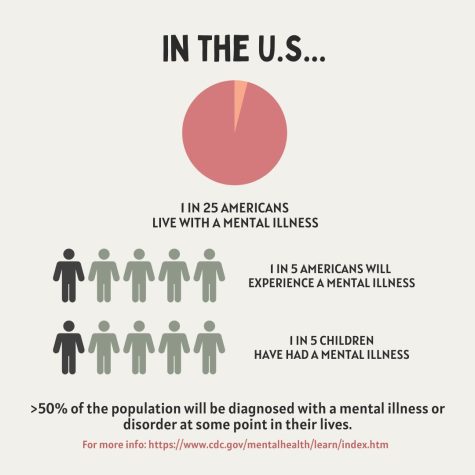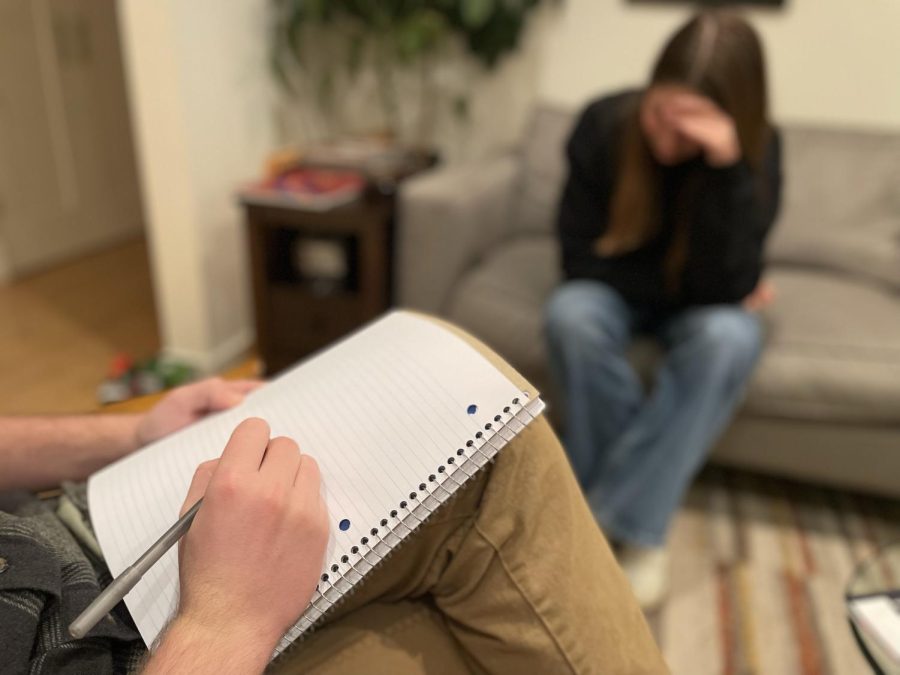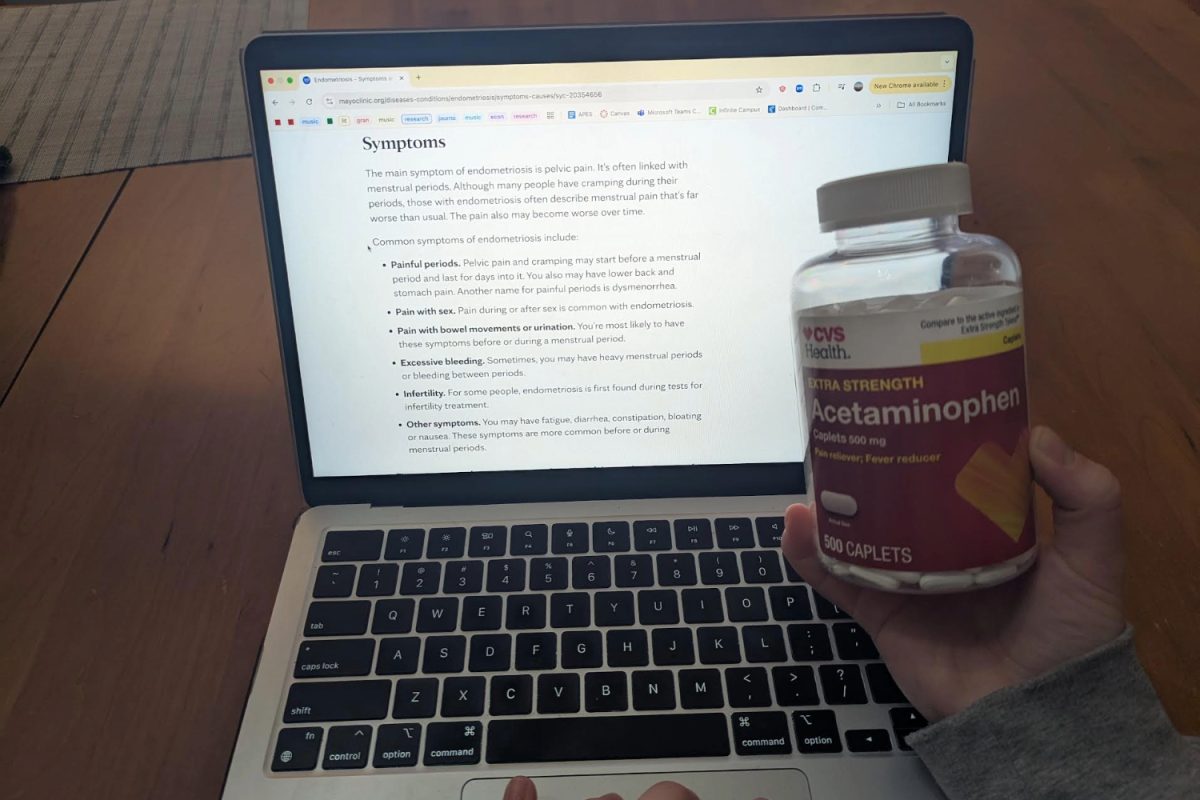Am I doing enough? I’m a failure. What do they think about me? Do my parents hear me? How will I pay rent? I can’t stand this job. Did I eat today?
Oftentimes you never really know what’s going on in a person’s head or what they’ve gone through. You see your friend’s posts and stories on social media and think they have a perfect life. In reality, they may be going through similar problems as you, however, we assume those who portray themselves in a more well-conducted manner are doing fine mentally, but that is sometimes not the case.
At some point, feelings of doubt and uncertainty lead to insecurities – something everyone has. These can cause feelings of inadequacy and can lead to anxiety about different situations and relationships in your everyday life. They may come from a traumatic event or other environmental factors including school, jobs, or even at home.
When insecurities get out of hand or are suppressed, they become more prominent and end up making the problem much worse. This is known as repressing emotions, something a lot of people do when they don’t want to feel sad or anxious. This often refers to the tendency of people to avoid uncomfortable thoughts or feelings which leads them to unconsciously ignore certain feelings, thoughts, and emotions. Even though those feelings are forgotten about, they can still affect your actions.

An important step to progress is understanding the nature of insecurities and personal complexes, which can help you manage them and internally heal. Therapy is a great solution to many of these internal problems.
Therapy is a form of collaborative treatment for mental and emotional health based on the therapist (psychologist) and individual(s). There are also many types of therapy, but the overarching similarity is that no matter what the type is, it’s meant to be a safe space. Some of the benefits of therapy include helping one realize they do not have to process their emotions alone and helping build a deeper understanding of certain situations and allowing more time for developing coping strategies to help solve your problems.
Negative effects have occurred in the “relatively unchartered territory of psychotherapy research.” According to a study published by the Cambridge University Press, “little attention has been given to the possibility that some patients might deteriorate or experience adverse or unwanted events during treatment.” To contrast this perception, many psychologists have said that they have increased workloads and longer waitlists compared to before the pandemic.
In a survey by the American Psychological Association as of 2021, 84% of psychologists who treat anxiety disorders said that they’ve seen an increase in demand for anxiety treatment since the start of the pandemic. In addition to that, the demand for the treatment of depression has also increased as 72% of psychologists treating depressive disorders say they have seen an increase.
Even if you’re not struggling with mental illness, everyone has some sort of pent-up feelings. According to Better Health Channel, these feelings can be released by just talking through your problems. At the end of the day, that’s what therapy is. It’s a place you can go when you need help or just someone who will listen to you. Therapy is a great resource for someone who struggles with mental health, but it’s not just for those with mental disorders, therapy is for everyone.












